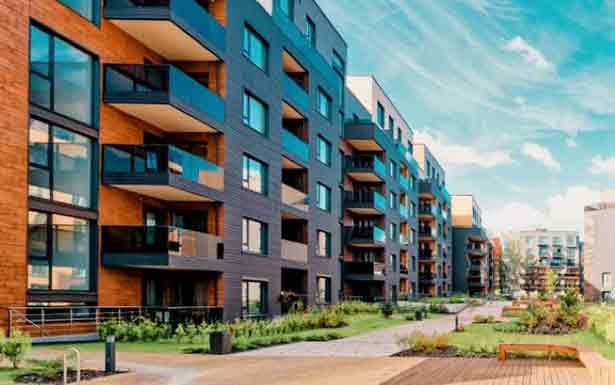Finding the perfect residence isn’t just about the house itself; it’s also about the community. You need a place that suits your lifestyle and a neighborhood that is comfortable to you.
To help you narrow your search, make a list of the features that are non-negotiable for your ideal home. You can then consult this list when you are visiting homes.
Location
It is a common mistake for homeowners to focus on what they want in their house and not consider the location of it. This can be a big problem, as the right location is important for your physical and mental well-being.
Choosing a general area where you would like to live can be done by considering factors such as the local climate, availability of services, transport, neighborhood character, planning controls, noise, and public safety. It’s also important to consider what types of sites are available – if they require expert design and construction, for example, due to their size, shape or steep slope, it can be difficult to find the perfect house.
Nelson recommends creating a list of non-negotiable features that are most important to you, such as being in a good school district or being close to work. This will help you narrow your search and avoid wasting time on properties that don’t meet your needs.
Size
If you have been living in a large home and recently found yourself with an abundance of cleaning supplies spread throughout your house or having a hard time keeping up with the kids’ toys, it could be time to scale back. Choosing the right home size is essential for the happiness of your family. It is also a great way to avoid lifestyle creep and ensure you don’t end up with a home that doesn’t meet your needs down the line, such as not having enough room for a growing family or accommodating an aging parent moving in with you, check out here.
It is difficult to determine exactly how much square footage you need as everyone’s lifestyles are different. However, a rule of thumb is that one person requires about 400 square feet of space to live comfortably. Multiply this number by the number of people you plan to live with and factor in additional spaces for guests or storage.
Amenities
If you’re a property manager, consider what types of apartment amenities your residents truly want and need. If you’re looking to attract Gen Z renters, for example, outdoor lounges may be your best option. But amenities shouldn’t be synonymous with bells and whistles—they should offer true value to your residents.
Residences offer a variety of room styles—from traditional to suites, with options for private bathrooms and shared spaces. Choose the style of accommodation that will help you experience a smooth transition to university life.
When choosing a residence, make sure to indicate your roommate preferences and their student ID numbers on your application. The residence office will look at your preferences and match you with a roommate who shares similar interests. This will increase your chances of getting the room type you want! For more information on roommates, visit the Residences website.
Budget
Before you start searching for your dream home, figure out how much you can afford to spend on it. Use online platforms that allow you to filter by price, size, and number of bedrooms and bathrooms. You can also save searches and receive notifications when homes that meet your criteria are listed.
Consider the neighborhood, too, and make sure it’s safe. Research schools, crime rates, and the proximity of local amenities like parks and restaurants.
Conclusion:
Before you start searching, create a list of things that you must have in your new home (like a certain number of bedrooms or a short commute) and those that are nice to have but not essential (like a hot tub). Make sure you’re aware of what your budget can afford so you don’t get caught up in the excitement of finding your perfect residence only to find out it’s beyond your reach.





